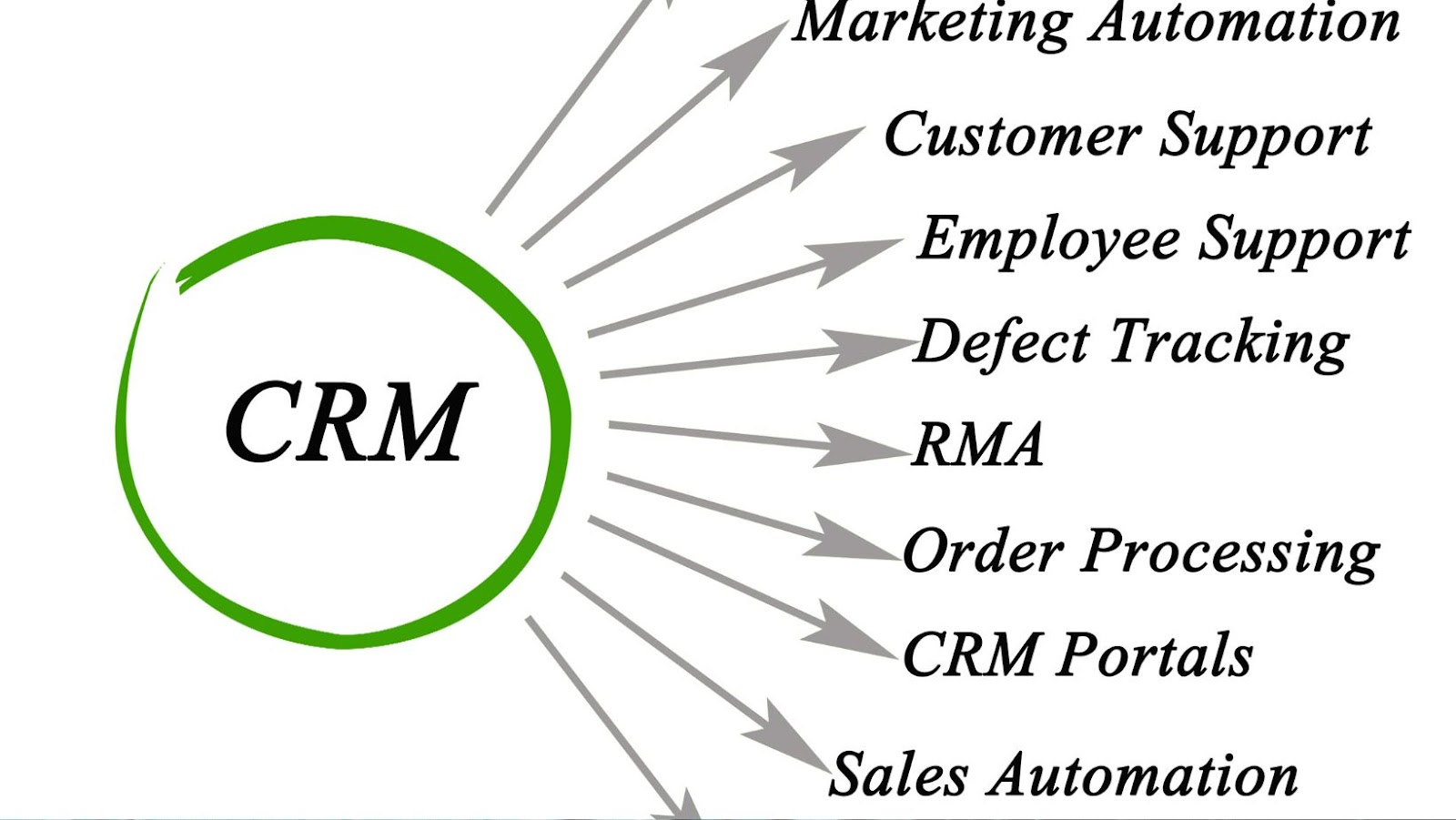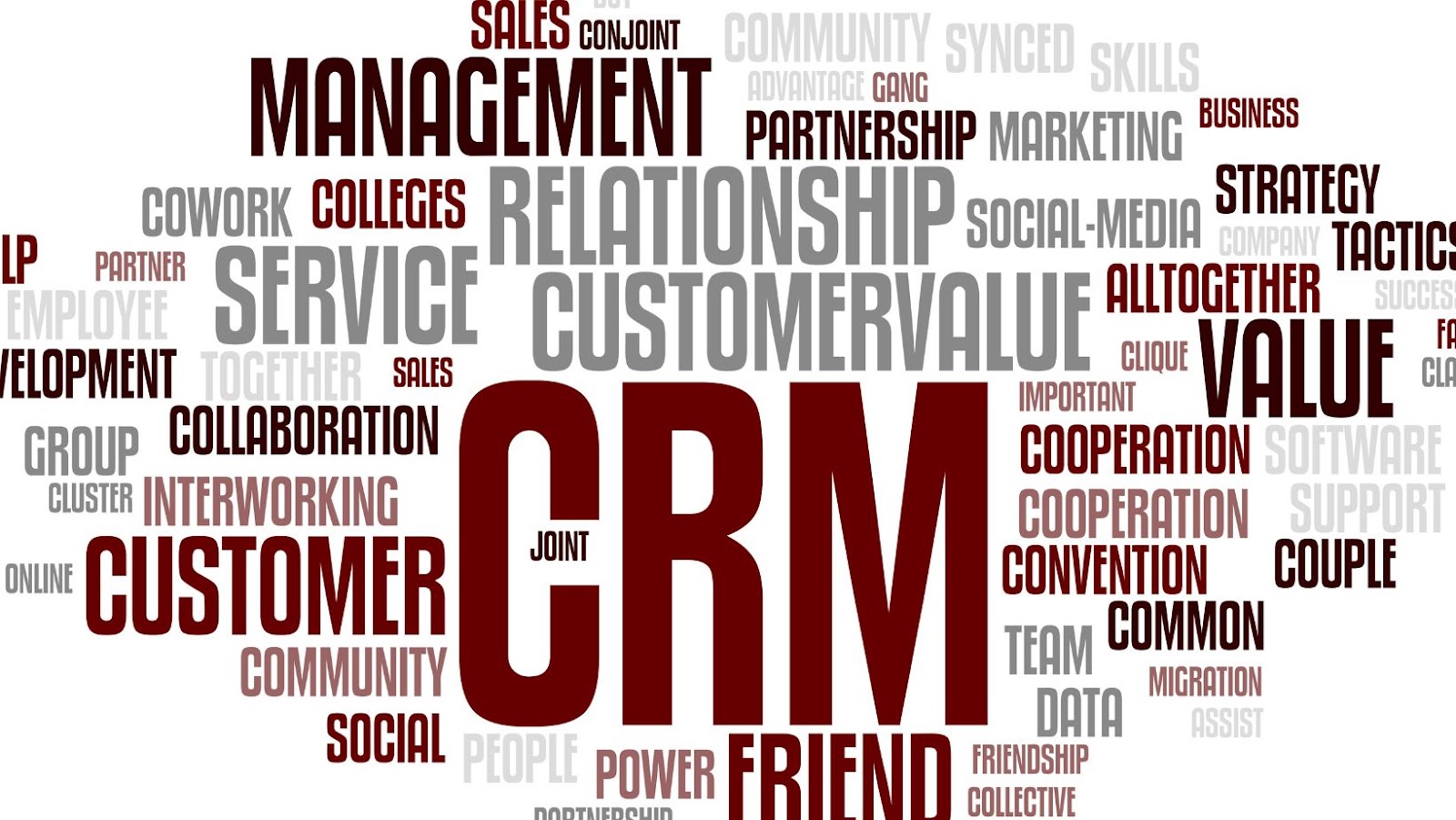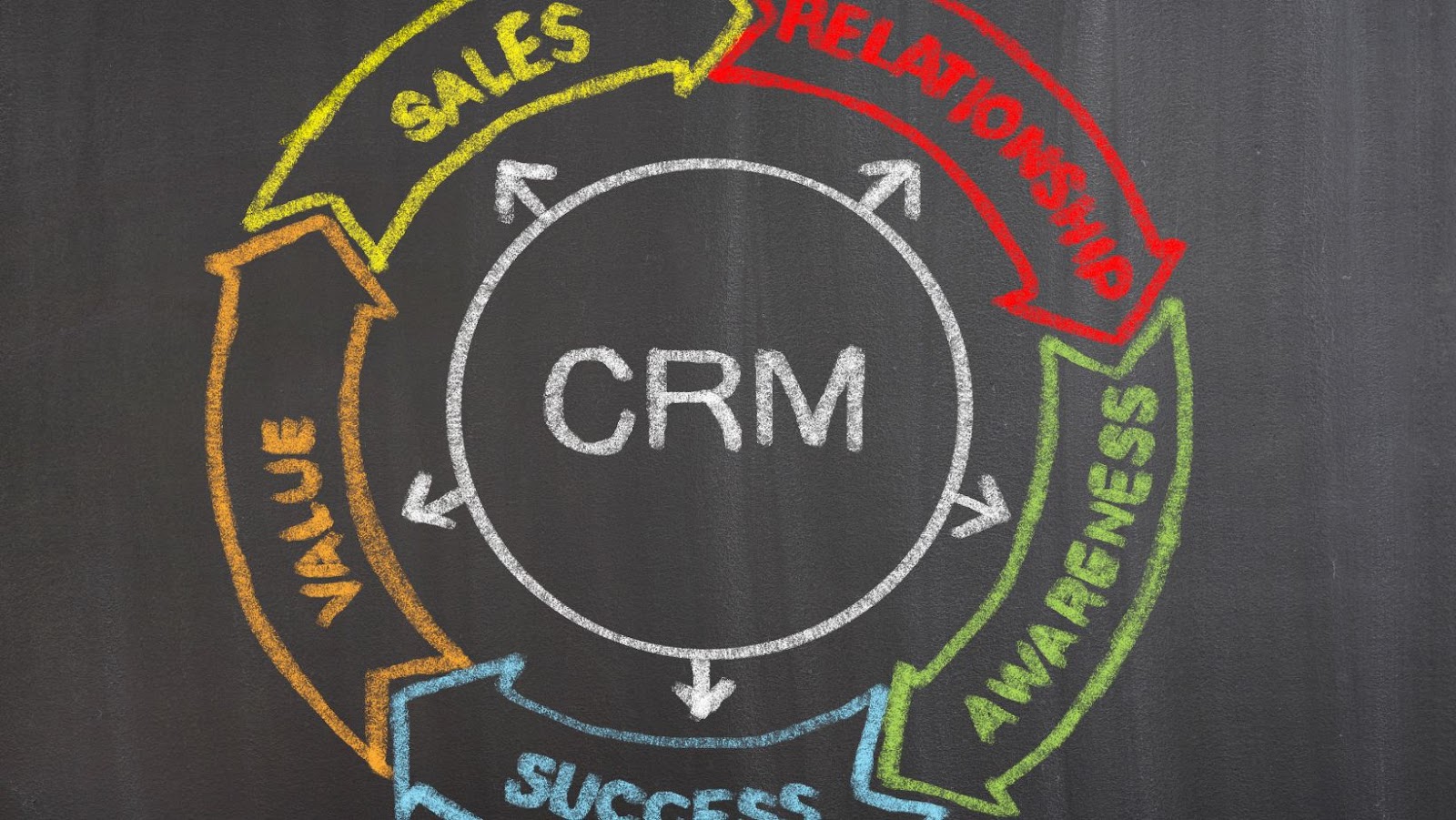
The sales department is an integral part of any modern business, responsible for finding and courting customers, as well as maintaining relationships with existing ones. To help manage these activities, the sales department typically makes use of operational Customer Relationship Management (CRM) technologies. In this article, we will take a look at which of the following operational CRM technologies the sales department typically uses.
What is Operational CRM?
Operational CRM is a type of customer relationship management (CRM) that focuses on the execution of sales, marketing and service activities. It goes beyond traditional customer-facing CRM solutions by coordinating front office activities with back office processes to bridge the gap between what customers need, what sales reps provide, and what support teams offer. The goal of operational CRM is to help companies create a holistic customer experience across all departments.
The main components of Operational CRM are Sales Force Automation (SFA), Service Automation, Mobile CRM and Contact Center Automation (CCA). Each of these areas works together to improve sales and service efficiency.
For example, SFA provides sales teams with data such as lead lists, customer histories, contact details and forecasting tools that can be used to either close deals or increase loyalty among existing customers. Service automation allows for faster responses to customer inquiries by directly connecting support staff with customers. Additionally, mobile CRM provides agents with real-time access to their accounts from anywhere at anytime via an intuitive interface that is optimized for their mobile device or platform. Finally, CCA allows businesses to quickly connect customers with the right agent while providing agents with access to up-to-date information about their customers’ queries or requests so they can respond more efficiently — resulting in improved customer service overall.

Which of the following operational crm technologies does the sales department typically use?
Sales departments have come to rely heavily on operational CRM technologies to increase their efficiency and improve their customer service. These technologies can range from customer relationship management software to customer service automation tools. In this article, we will discuss some of the most popular operational CRM technologies used by sales departments.
Customer Relationship Management (CRM) Software
Customer Relationship Management (CRM) software is a tool used by sales departments to manage customer information for commercial use. It provides the means for salespeople to store, update, share and access various types of customer data, such as: contact information, lead profiles, opportunities, sales activity and notes about customers. CRM software actively assists in the process of tracking leads from sources like online advertising or digital marketing initiatives and helps convert them into sales opportunities. It also automates marketing processes, such as nurturing leads with email content or personalized letters.
CRM software can also integrate with other third-party applications in order to access additional features not included in the base CRM suite. Examples include integrating with social media platforms to monitor customer conversations related to your company’s products or services; syncing with contact management systems like Salesforce; and using natural language processing (NLP) technologies to gain insight into customer sentiment. By utilizing these features, companies are able to more quickly respond to their customers’ requests while also increasing their own efficiency levels across all the operations within their sales departments.
Sales Force Automation (SFA) Software
Sales Force Automation (SFA) software empowers sales executives to manage their sales and customer data in an organized and efficient manner. It allows companies to automate most of their workflow activities related to lead tracking, contact management, customer-related analytics, quotes/estimates generation and order/opportunity management. SFA software helps maximize the performance of sales teams by streamlining processes, increasing accuracy, driving productivity gains and improving customer engagement.
In a typical SFA system, companies have access to a centralized database that stores a range of information about customers such as contact information, lead source, product selection or pricing rules. Additionally, feature sets will enable users to track activity progression from leads through individual steps in the sales process such as evaluation meeting or follow up calls. To identify potential opportunities for improvement or further growth opportunities for product offering expansion further analysis of customer data can be required within an operational CRM system**.** To equip sales representatives with smart insights about customer history and build intelligent algorithms for segmenting different customers based on criteria such as age, income or industry wide trends additional forecasting tools related to eliminating biases from decision making can be added on top of the standard SFA featureset.

Lead Management Solutions
Lead management solutions are a key component of operational Customer Relationship Management (CRM) systems utilized by sales departments. With lead management solutions, sales teams can better monitor and measure the performance of their campaigns to identify prospective customers for their products or services. Lead management solutions empower sales teams to capture customer data that then serves as the foundation for effective customer segmentation, targeting, and nurturing strategies.
Lead management solutions typically include four main functions: maintaining a source database containing prospect information; creating and optimizing campaigns; tracking the effectiveness of marketing initiatives; and organizing team efforts around key performance indicators (KPIs). Each module addresses a different area of the prospecting process including generating leads, analyzing data, executing outreach campaigns, and measuring results.
Sources of lead data may be acquired from publically available sources such as industry directories or portals, customer referrals or feedbacks tools, social media sites like LinkedIn or Facebook Ads Manager, synthesizing first-party customer data into intelligence profiles using artificial intelligence-based algorithms, etc. Once collected into the system database these leads can then be segmented via demographics, company size/type/location statistics captured in their profile information in order to target specific groups exposed to tailored messaging generated within campaign content tool sets. These outputs comprise combinations of invitations to webinars or events as well as email automations optimized for filtering qualifications prior to transferring them into directly into Salesforce CRM initiatives for follow up from sales reps supported with enhanced insights into their actions and other KPIs tracked over time through engagement dashboards designed for rapid evaluation processes .
Within this framework companies are able to reduce costs associated with prospecting from traditional cold calling practices while simultaneously implementing more engaging forms exploration designed for digital savvy audiences through automation technology investments providing distinct advantages over competitors relying on older model approaches.
Social Media Management Tools
Social media management tools are essential in the age of online and digital communication. These tools allow businesses to monitor, manage, and use social media profiles and platforms as part of their sales strategy. Popular options include Hootsuite, Sprout Social, and Buffer. With these tools, businesses can easily track interactions within their social communities and identify potential customers who show interest in their products or services. The tools offer insights on competitors’ campaigns, allowing a business to create effective strategies that will draw in more customers. Furthermore, the tools enable a business to quickly respond to customers’ inquiries thereby providing them with excellent customer service. This can result in better customer retention which is an integral component of a successful sales operation.
Benefits of Using Operational CRM Technologies
Operational CRM technologies are beneficial for the sales department and can provide a number of useful benefits. With an operational CRM, sales personnel have access to customer data and can quickly track sales activities. This can lead to better customer engagement and improved customer service. In this article, we’ll discuss which of the following operational CRM technologies the sales department typically uses and the benefits associated with them.

Improved Customer Service
The use of operational CRM technologies helps your sales department achieve customer service excellence. CRM systems provide customer data analysis, customer segmentation and customer engagement strategies that help you better understand and serve customers. Furthermore, improved communication through enhanced customer information sharing enables customer service staff to quickly identify and address customer issues with greater accuracy. With access to an updated Customer Relationship Management (CRM) system, sales personnel can utilize data from previous interactions to provide personalized service at each customer touchpoint. In addition, predictive analytics can be used to predict buying trends and ensure that customers remain satisfied over the long term. As a result, operational CRM systems help organizations gain valuable insight into their customers in order to generate more profitable relationships.
Increased Efficiency
The use of operational CRM technologies can lead to improved efficiency in the sales department. These technologies enable sales teams to work smarter, faster and more effectively by having access to data and insights quickly. By automating the data entry process and eliminating manual processes, teams can focus their energy on strategically generating sales. This can help create a competitive edge over competitors and better meet customer needs.
Furthermore, access to real-time customer data enables better decision-making capabilities. Using operational CRM technology allows for ease of accessibility of customer information enabling representatives to provide more tailored suggestions which should lead to an increase in conversions as well as better understanding of customer requirements. This helps bridge the gap between customers’ expectations and actual outcomes leading to improved customer satisfaction levels.
In addition, operational CRM technology helps improve the workflow efficiency across the board, reducing redundancy in operations such as communication with customers multiple times by different team members or additional steps involved when onboarding customers. Accessible tools within this technology allow for closing tasks on time leading to increased efficiency in terms of timely follow-ups with customers as well as identifying gaps between customer needs and offered services which should pave ways towards improved interactions with them eventually leading to higher success rates in closing deals efficiently.
Increased Sales
Operational CRM technologies enable businesses to benefit from increased sales. By utilizing this type of technology, Sales Departments can track and analyze individual customer behavior patterns and subsequently utilize personalized marketing strategies for each customer. By doing so, business owners and managers can increase their sales of products or services.
Through the use of data collection tools and analytics, businesses are now able to easily track the buying habits and factors that influence sales. Additionally, Operational CRM technology allows companies to identify trends in a customer’s purchases over time. Through becoming familiar with these tendencies, businesses can customize their strategies for both individual customers as well as look at broader trends within their current target audience in order to increase their profitability.
Improved communication with customers is made possible through Operational CRM technologies as well. This type of technology enables companies to send out automated emails or messages tailored to certain customers or groups of customers in order to provide them with personalized information or promotions that they may find appealing. Additionally, reactions from each interaction with a particular customer are tracked so companies can adjust future communications accordingly based on the responses that were received in previous interactions.
Conclusion
In conclusion, the Sales Department and Operational CRM provides the business with a comprehensive platform for managing, tracking, and optimizing all sales activities. This system enables businesses to stay organized and informed about customer interactions, product performance, employee performance, and more. The system has various settings that allow businesses to adapt it to their own operations in order to get the most out of this powerful and versatile tool. Additionally, it ensures compliance with industry regulations and legal requirements by providing proper reporting mechanisms. Finally, the system enables businesses to easily track their sales activities in real time so they can analyze results and make better decisions going forward.


More Stories
Crypto Casinos Featuring Live Speed Baccarat Games in 2026
Future Tech Sunglasses: Are We Ready for the Next Vision?
Future Food Tech San Francisco: What’s Cooking in the Innovation Kitchen?